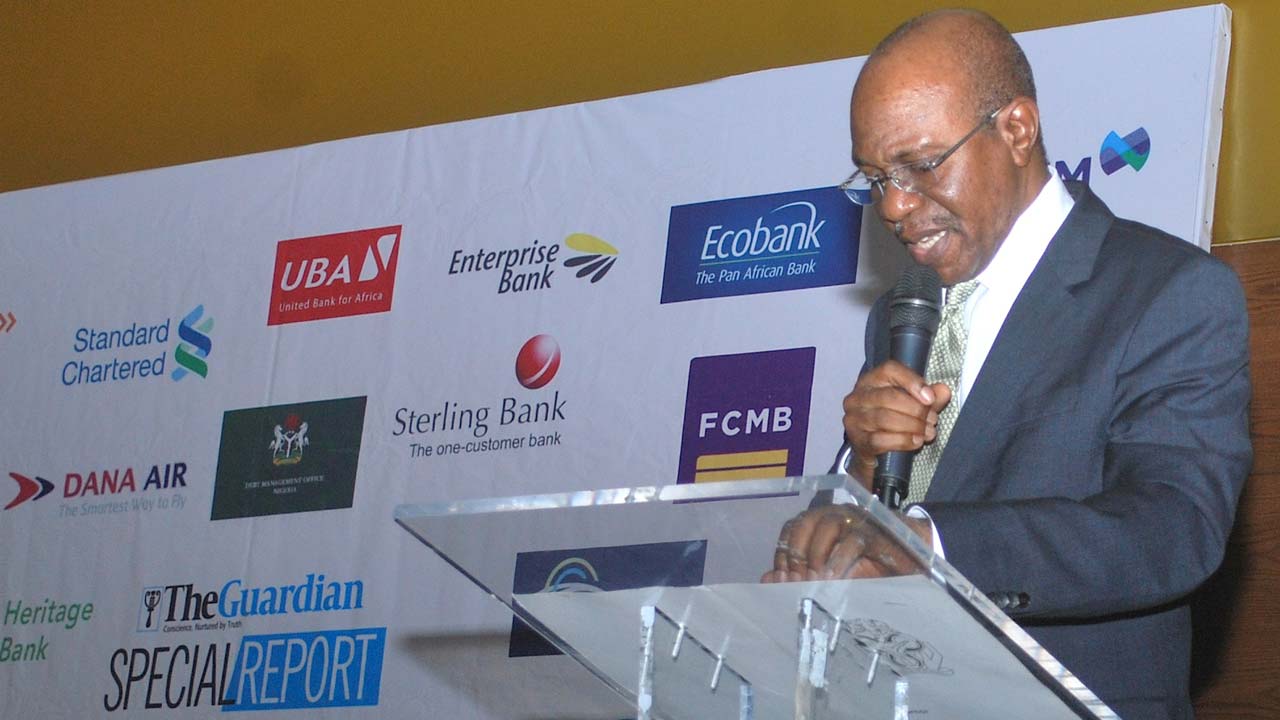Negative sentiments dominated the Ghanaian macroeconomic space in Q1-23, exacerbated by the frequent delays with the Domestic Debt Exchange Programme (DDEP) and limited progress on the external debt restructuring negotiations. While on a positive note, the government eventually concluded the DDEP, Fitch Ratings, on the other hand, downgraded the country’s foreign currency debt further. At the same time, inflationary pressures persisted, while the domestic currency remained on the back foot relative to the US dollar. In this report, we examine the state of the Ghanaian economy as of Q1-23 and update our views on the currency, inflation, monetary policy path, and fiscal policy administration over the rest of the year.
After extending the expiration date of the DDEP five times, the Ghanaian government finally announced that the DDEP closed on 10 February, with an 84.9% participation rate (principal amount tendered and accepted: GHS82.99 billion vs. total eligible bonds: GHS97.75 billion). However, when compared to the outstanding domestic debt stock as of December 2022 (GHS130.00 billion), the effective participation rate comes in at 63.8%. We understand that this is because pension funds were exempted from the DDEP. Nonetheless, contrary to previous terms of the DDEP (no coupon in 2023, 5.0% coupon rate in 2024, and 10.0% from 2025 till maturity), we understand that the government improved the terms, possibly to increase domestic participation. Notably, the government agreed to pay a 5.0% coupon for 2023 and a single coupon rate for each of the 12 new bonds resulting in an effective coupon rate of 9.0%. In addition, to encourage all individual bondholders to also participate, the government made the following alternative offers: (1) offered individual bondholders below 59 years of age instruments with a maximum maturity of 5 years instead of 15 years and a 10.0% coupon rate, and (2) offered all retirees instruments with a 5-year maximum maturity instead of 15 years and a 15.0% coupon rate. Following the resumption of payments on local currency bonds, Fitch upgraded the country’s long-term local-currency issuer default rating to ‘CCC’ from ‘restricted default’. Given the new terms of the agreement and the effective participation rate (using the outstanding domestic debt stock as of December 2022) to ensure a record debt restructuring exercise (10 weeks from consultations to settlement), we think foreign investors will now bear a significant burden. Accordingly, we lean towards the government proposing a 30.0% haircut on foreign debt once it announces the parameters for the external debt treatment. However, in any case, where the participation rate is also low for foreign investors, and the final terms become less aggressive than initially thought, we would expect the Ghanian government to embark on another round of restructuring in the medium term as the current restructuring will likely not be enough to bring down nominal debt and debt servicing cost significantly.
That said, recently, we understand that the government and foreign investors are pushing forward with formal external debt talks after advisors to both sides signed non-disclosure agreements. Notably, Reuters reported that the government and the bondholders are sharing sensitive materials through the advisers. Such sensitive materials include revenues that could be used to service the debt and the restructuring parameters the creditors are aiming for.
Fitch Downgrades Ghana’s Credit Rating to Restricted Default (RD)
On 21 February, Fitch Ratings downgraded Ghana’s Long-Term Foreign-Currency (LTFC) Issuer Default Rating (IDR) to ‘RD’ from ‘C’. Likewise, the rating agency downgraded the rating of the country’s USD1.00 billion Eurobond maturing on 18 January 2026 to ‘D’ from ‘C’. One of the key drivers of the rating downgrade was the expiration of the grace period for a missed USD40.63 million coupon payment on the Eurobond after the country suspended payments on selected external debt from 19 December 2022. In addition, Fitch also noted that when the IMF programme is submitted for Board approval, a new Debt Sustainability Analysis (DSA) will be released, and it will likely assess Ghana’s overall debt sustainability as ‘in distress’. We highlight that investors’ response to the downgrade was a little changed, with only slight movement on the Ghana Eurobond yields after the announcement, suggesting that the negative fiscal scenarios have been priced in. Looking ahead, we believe that future rating actions will depend on (1) a restructuring agreement with foreign currency debt holders, and (2) coupon and principal payments to bondholders who opt out of or are not eligible for the debt exchange. Indeed, Fitch highlighted that it would assign Ghana a positive rating action based on a forward-looking assessment of its willingness and capacity to honour its debt obligations.
Inflation: Price Pressures to Decelerate on High Base Effects
In February, Ghana’s inflation rate moderated for the second consecutive month, slowing by 73bps to 52.84% y/y (January: 53.57% y/y). Perusing the breakdown provided, we highlight that price pressures slowed in the food basket (-190bps to 59.13% y/y) while the core inflation increased slightly by 9bps to 47.94% y/y.
Monetary Policy: MPC not Backing Down Despite Inflation Deceleration
The Monetary Policy Committee (MPC) of the Bank of Ghana (BOG) embarked on a second consecutive rate hike in 2023FY at its March policy meeting, increasing the benchmark policy rate further by 150bps to 29.5% – its highest level since at least 2001. Cumulatively, the Committee has raised the key policy rate by 1,600bps since its tightening cycle started in November 2021. While the MPC acknowledged the two consecutive months of inflation deceleration as of February, we highlight that the decision to hike the policy rate further was hinged on the need to place the economy on a stable path and reinforce the pace of disinflation. Moreover, the headline inflation remains significantly above the BOG’s medium-term target band of 6.0% – 10.0%.
Currency: Pressure to Persist without Significant FX Inflow
The GHS remained under increased pressure against the USD since the start of the year. For context, the GHS has depreciated by 22.1% YTD against the USD to GHS11.02/USD (30 March). For us, the persistent weakening of the GHS/USD reflects (1) foreign capital flow reversals exacerbated by the lingering debt restructuring exercise, (2) sovereign credit rating downgrades, and (3) demand pressures from local corporates. Elsewhere, the gross FX reserves declined by 38.0% y/y to USD5.92 billion (or 2.8 months of import cover) as of February 2023 compared with USD9.55 billion (or 4.3 months of import cover) in February 2022. The decline continues to reflect limited FX inflows to the external coffers amid the BOG’s continuous FX interventions, albeit slowly, to stem the persisting currency slide.









